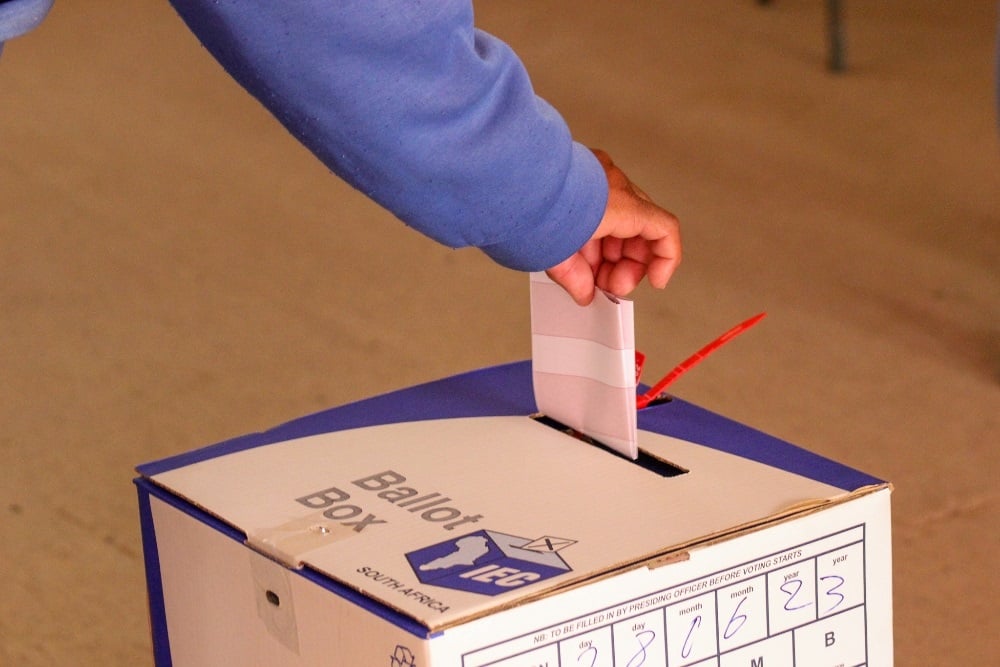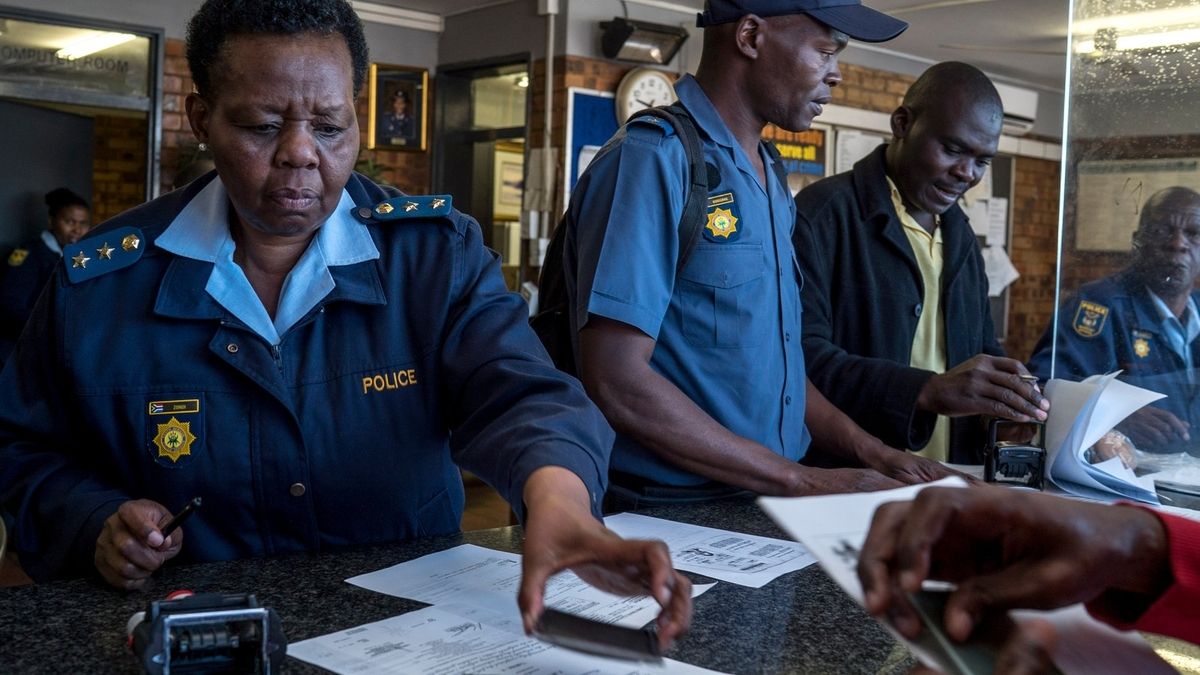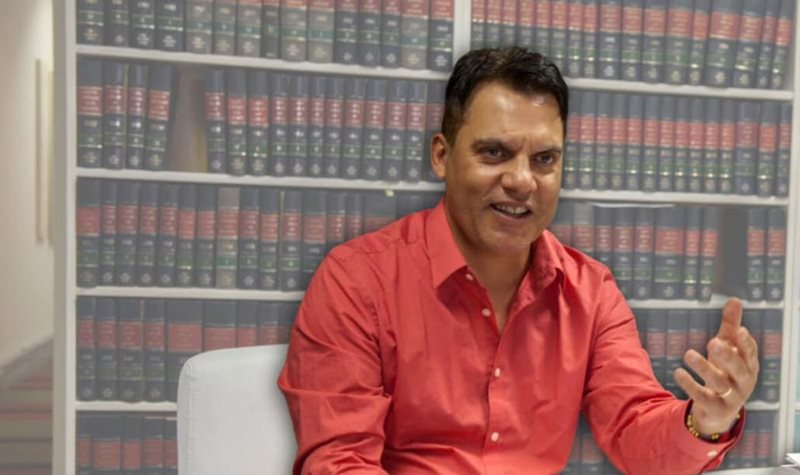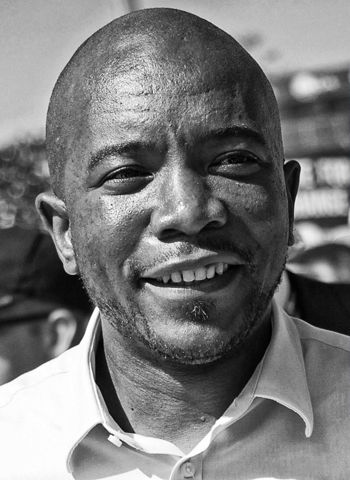







The government of South Africa is facing significant challenges, as highlighted in an opinion piece from the Daily Maverick [bc46a996]. The article discusses the issues of collapsing state capability, spatial exclusion, corruption, and economic stagnation. It emphasizes the need for a new government to address these challenges and proposes several solutions.
One of the proposed solutions is to reduce the size of the government and attract skilled and professional individuals to the public sector. This would help improve the efficiency and effectiveness of government operations. The article also suggests implementing incentive-based schemes to motivate government officials and conducting lifestyle audits of politicians and government officials to tackle corruption.
In addition, the article calls for a review of the mandates and functions of state-owned enterprises to ensure they are aligned with the country's development goals. It also emphasizes the need to address spatial exclusion through integrated public transport and stimulating the township economy.
Another opinion piece from TimesLIVE by William Gumede highlights the triple evils of corruption, incompetence, and policy populism that threaten South Africa's economy [b1a5d3c9]. Gumede argues that public servants, in their own self-interest, should be doing more to fight these evils. He points out the close ties between major unions and the ANC, which provide public servants with job security, guaranteed wage increases, and generous benefits. Gumede calls on public servants to be proactive in fighting corruption, incompetence, and populism to prevent the economy from plunging into free fall.
Both articles emphasize the importance of addressing corruption and inefficiency in the public sector, as well as the need for a capable and efficient government that prioritizes the interests of citizens and works towards economic growth and social justice. They highlight the role of independent media, like the Daily Maverick and TimesLIVE, in covering these issues and informing the public [bc46a996] [b1a5d3c9].
South Africa's score on the Corruption Perceptions Index (CPI) has dropped to 41, below the global average, indicating a decline in the country's progress in curbing corruption [6a5dd164]. This is the lowest score South Africa has received since Corruption Watch started tracking its progress on the index 12 years ago. The CPI measures perceptions of public-sector corruption and relies on 13 independent data sources. While perceptions may differ from the current reality, the lack of action against the corrupt and the weakening of justice systems contribute to an environment of impunity for public officials involved in corruption. South Africa's score on the CPI has declined over the past five years, despite the expectation that corruption would decrease after the end of apartheid. The region of sub-Saharan Africa has consistently poor performance on the CPI, with 90% of countries scoring under 50. Investment in law enforcement and judicial institutions is crucial in combating corruption and upholding the rule of law. Transparency International emphasizes the need for a return to justice and a new drive to remove corruption from South Africa's landscape.
Moving to Trinidad and Tobago, an article from guardian.co.tt by Helen Drayton discusses the issues of governance, poor management, and lack of accountability in the country [ea4ba2b3]. The article highlights the challenges faced in achieving diversification goals, the shortcomings of the education system, and the need for external help in the police service. Drayton argues that constitutional reform alone cannot solve these problems and calls for a paradigm shift in political culture. The article also suggests two areas for constitutional change: the justice sector and independent institutions' human resource administration functions. It emphasizes the need to empower independent institutions and decentralize the HR function. The article concludes by discussing the need for careful consideration of electoral reform and the importance of public consultations in achieving constitutional changes.
The articles from South Africa and Trinidad and Tobago shed light on the challenges faced by both countries in terms of governance, corruption, and inefficiency in the public sector. They emphasize the need for reforms and a paradigm shift in political culture to address these issues and work towards economic growth and social justice. The role of independent media is also highlighted in informing the public about these challenges and potential solutions [bc46a996] [b1a5d3c9] [ea4ba2b3].
South Africa's progress in the Corruption Perceptions Index (CPI) has been bleak, according to Corruption Watch. The country's score on the CPI has dropped below the global average, losing two points since last year and reaching a score of 41 [c6d74569]. This is the lowest score South Africa has ever received on the index. Corruption Watch expressed frustration that despite the exposure of corruption through processes like the Zondo Commission and media investigations, few implicated parties have been brought to justice. The organization called for progress in ensuring the independence of key institutions like the National Prosecuting Authority and adequate funding for the criminal justice system. The fight against corruption and the fight for justice are interconnected, as corruption thrives where the justice system is unable to uphold the rule of law. South Africa needs a new drive to remove corruption.
The prevalence of corruption in political cultures is a global issue, as highlighted in an article by Joshua J. Omojuwa in THISDAY Newspapers [192d8e47]. The article focuses on the case of Senegalese President Macky Sall and how corruption starts from the conception of ideas to the commissioning of projects. It emphasizes how individual interests often supersede national interests, and how politicians may be influenced by corporations or use their positions to benefit their own businesses. The article concludes by discussing the challenges of trying to do the right thing in a corrupt system and the need for a cultural shift. The author suggests that Macky Sall's actions in bending the Senegalese constitution to stay in power reflect the prevailing political culture on the continent.
Attempts on the life of Thabiso Zulu and the murder of councillor Sindiso Magaqa remain unresolved, highlighting the inefficacy and potential corruption within the South African Police Service (SAPS). The task team, led by an inexperienced operative, has failed to bring culprits to book. Allegations of nepotism, misuse of funds, and a lack of accountability have plagued the department. The SAPS faces challenges including a shortage of good detectives, a promotion system tainted by nepotism and politics, and a dangerous alignment with political figures. The Public Order Policing's inability to respond to civil unrest highlights the need for reform. These challenges undermine the pursuit of justice in politically motivated crimes and jeopardize the overall integrity and effectiveness of law enforcement in South Africa.
According to the Corruption Perceptions Index (CPI) for 2023, corruption was widely prevalent globally and on the African continent. Over two-thirds of the countries scored below 50 out of 100 on the CPI. The top 10 African countries with the highest corruption ranking in 2024 are Somalia (CPI: 11), South Sudan (CPI: 13), Equatorial Guinea (CPI: 17), Libya (CPI: 18), Sudan (CPI: 20), Democratic Republic of Congo (CPI: 20), Comoros (CPI: 20), Chad (CPI: 20), Burundi (CPI: 20), and Eritrea (CPI: 21). These countries face various challenges such as political instability, weak institutions, resource mismanagement, and lack of transparency, which contribute to their high corruption levels. [a07be15e]
The articles from South Africa, Trinidad and Tobago, and Senegal shed light on the challenges of corruption and inefficiency in the public sector, as well as the need for reforms and a cultural shift to address these issues. They highlight the role of independent media in informing the public and advocating for change [bc46a996] [b1a5d3c9] [ea4ba2b3] [192d8e47] [a07be15e] [da26ee8d].
South Africans will mark a milestone in our country’s democracy by heading to the polls for the general elections, coinciding with the 30th anniversary of our democratic project. Surveys repeatedly remind us of the widespread distrust South Africans have in political leaders. Corruption Watch’s recent report, The Impact of Corruption: Insights from a Perceptions and Experiences Survey, revealed that half of the respondents had less trust in elected and appointed officials. Government affects everything in our lives, from the water we drink to the electricity in our homes, to our employment opportunities and the economy of the country. When citizens come together to vote, they send a strong message to political leaders that their voices matter and that they demand accountability. Your vote is a statement of your values and your vision for the future of South Africa. If you don’t vote, someone else will decide the future of your country for you while you sit back and complain. [da91961e]
The influence of big capital in South Africa is a significant factor in maintaining inequality and political control in the country, according to an opinion piece by Siyabonga Hadebe in News24 [4ccca920]. The article highlights the role of corporate South Africa, particularly figures like Harry Oppenheimer and Julian Ogilvie Thompson, in perpetuating inequality and hindering meaningful political change. The concentration of wealth and power in the hands of a few individuals and corporations is seen as a barrier to creating a more prosperous future for South Africa. The article calls for greater awareness and understanding of this issue in order to address it effectively.
The articles from various sources shed light on the challenges faced by South Africa in terms of governance, corruption, and inefficiency in the public sector. They emphasize the need for reforms, a paradigm shift in political culture, and a fight against corruption to achieve economic growth and social justice. The role of independent media is also highlighted in informing the public about these challenges and potential solutions [bc46a996] [b1a5d3c9] [ea4ba2b3] [192d8e47] [a07be15e] [da26ee8d] [4ccca920].